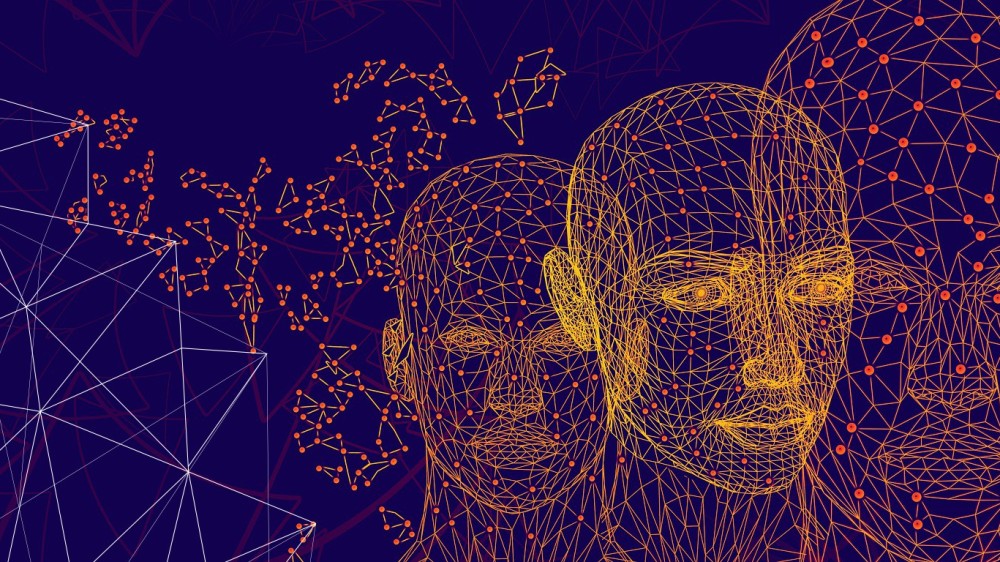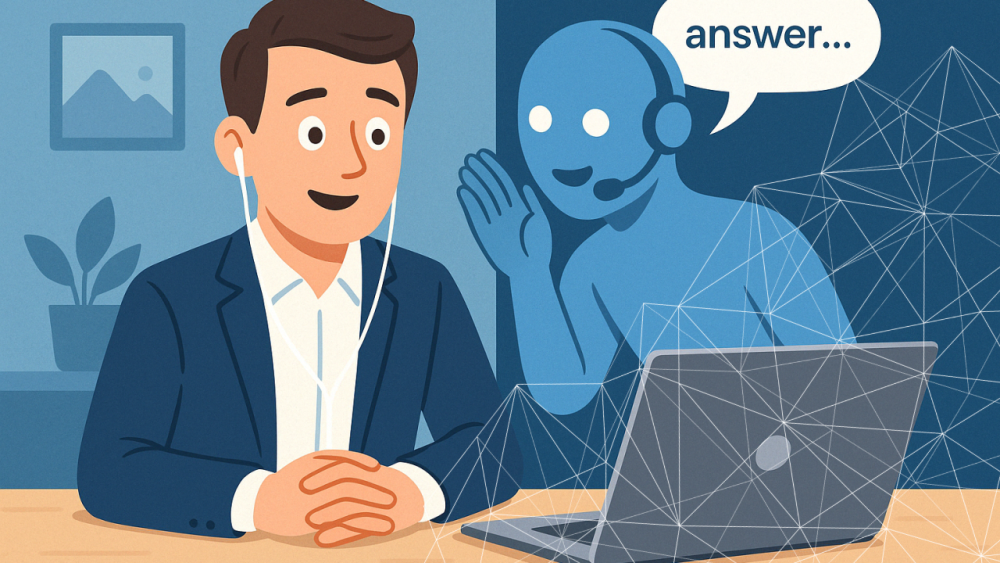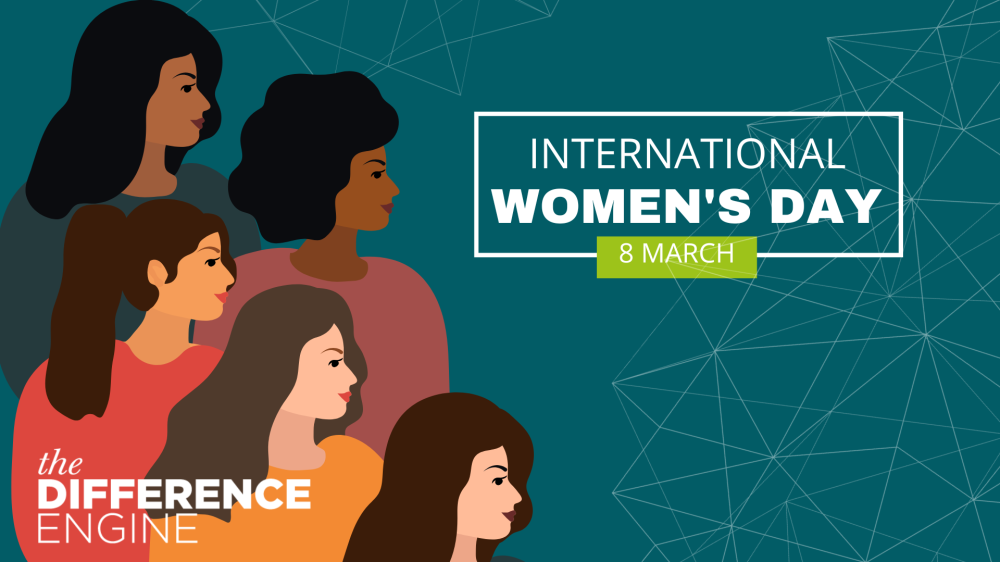
posted 28th June 2022
Over the month of June, The Difference Engine are publishing a four-part series examining the metaverse in detail. In our final instalment, we look at the ways in which the metaverse has been criticised, as well as the concerns raised about how it might evolve in the future.
Read part three in our series: the future is metaverse.
Nothing to fear?
The metaverse, as has been established, is not new, nor is the present-day metaverse the first iteration of a metaverse. Each new iteration, however, gets closer to the world that Neal Stephenson created in the 90s, with metaverse being seemingly the ultimate realisation of that.
But with expansion of the virtual worlds happening at rapid paces, a new question arises around whether the metaverse will be a place that is safe, and appropriately regulated.
Indeed, cryptocurrency is often criticised for being a form of currency that is not beholden to the same strict rules and regulations of traditional banks and financial institutions. Crypto being something that exists virtually, rather than in the physical world, makes it infinitely more difficult to govern – because who, truly, has government over the internet?
The internet at large, too, has several problems which may only be exacerbated in the metaverse. Cyber-abuse, cyber-crime, and issues around the safeguarding of children are just some of the issues that may be much easier to perpetrate, particularly with users interacting with the virtual environment around them in a way that creates far more data than ever before. Technology is already able to track line of sight, movement of a mouse across a screen, record spoken word and translate that into actionable data that companies are then able to use.
“When you're trying to make social interaction and social connection, when you can't look into the other person's face, you can't see their eyes you don't have real humanistic ways of connecting."
Tony Fadell, creator of the iPod
This data, inevitably, opens several avenues towards potential exploitation. With the current implementation of the metaverse in its infancy, organisations that work to tackle crime, such as police forces, have yet to truly be introduced in meaningful ways.
Whilst no one person will have full control over the metaverse, much as no one person has full control over the internet, organisations and laws do exist to govern its use. The World Wide Web Consortium (W3C), for instance, manages the standards for the World Wide Web. Similar organisations are expected to be created for the metaverse – only this time, with the enhanced benefit of having the hindsight that comes with decades of watching the internet grow and evolve.
However the hope is that these start to form sooner rather than later. In present day, there have already been apparent instances of abuse within the metaverse. For instance, during beta testing, Meta received reports of both sexual assault and racism, including the use of violent racist language being used at a metaverse concert. Studies have repeatedly shown that people will often feel they have a shield of anonymity online and thus say or do things they would not say or do in real life, and this seems to be equally true of the metaverse.
At a lower but just as impactful level, too, there’s a fear for an increase in ‘internet trolls’. Tony Fadell, creator of Apple’s iPod, says, “When you're trying to make social interaction and social connection, when you can't look into the other person's face, you can't see their eyes you don't have real humanistic ways of connecting.
"It become disintermediated and you have the ability at that point to create more trolls, people who hide behind things and then use that to their advantage to get attention."
Internet addiction is also a worry. The metaverse is seen as something even more potentially alluring than the current state of our internet. Much is written about the tremendous health benefits of digital detoxing, of getting off our phones and back into the real world for a while.
"[The metaverse] will dwarf what the World Wide Web achieved."
David Reid, Professor of AI and Special Computing
Liverpool Hope University
That the metaverse mimics real life in a much more immersive way is a real concern for experts. The idea that people would be able to go into the metaverse to do the things they would have previously done in the real world, such as work or socialise, brings with it the risk that they may end up disconnecting from other areas of their lives, leading to isolation, as well as reduced physical activity.
Virtual world immersion can, in fact, be exhausting for users after extended periods of exposure - often, using the internet can result in significant overstimulation, and this becomes even more the case in a 'virtual reality' environment.
However, it’s certainly not all bad news. The metaverse offers users the potential for a virtual experience unlike any they may have seen before, with any number of potential benefits still to be discovered. David Reid, professor of AI and special computing at Liverpool Hope University, believes that the metaverse “will dwarf what the World Wide Web (WWW) achieved.” He says that it provides far more flexibility, data, interactivity, and a far more visceral experience than the internet ever did. Anything you can do with the internet you can do in the metaverse, but much better.”
Beyond this, Reid feels that the metaverse will help progress AI technology even further. “If you think about how you actually move around the environment, you're basically moving around a virtual environment and you're providing vast amounts of data for a system to actually process. I fully envisage a strong link up between the metaverse and AI as well. The metaverse is the perfect platform for AI to learn from and develop.”
Reid goes on to say that whilst the potential dangers of the metaverse should not be underestimated in any way, it is also something to be hugely excited for. “It'll create new jobs that we haven't even considered yet. Nobody would have ever thought about the concept of an influencer when the internet first came around,” Reid says.
“Virtuality could really help a lot of older people too or those who are housebound. It gives them the opportunity to mentally get out of their own environments. I can imagine somebody who’s bedbound or in hospital would be able to distract themselves from the problems of the real world. The key problem is that if people become too addicted to doing that, they could just prefer this new virtual world.”
Mental health experts have begun to warn that, like most things in life, the metaverse should be used and adopted in moderation. Users should be appropriately educated around the risks of the metaverse in the same way that they should be educated around how to best use the internet. The benefit of hindsight and the decades of internet and social media usage that have existed so far should help to inform us of how to build a better society, with all the many benefits of the metaverse, whilst reducing the potential for its not insignificant risks. The blueprint that the internet has provided us should be our first and best tool to help develop institutions and practices that can help users protect themselves in the future. Where we benefit over the dystopian world Neal Stephenson created in his early-90's novel Snow Crash, and the subsequent mid-90's internet boom, this time we won't be going into the metaverse blind to the way progress, in practice, can really look.
'Exploring the metaverse' is a four-part series released by The Difference Engine over the month of June 2022.











